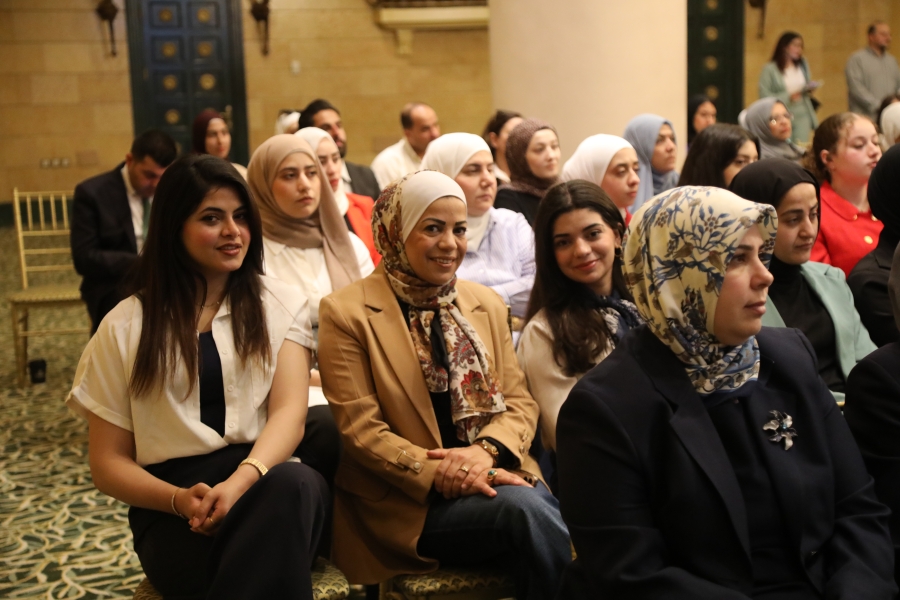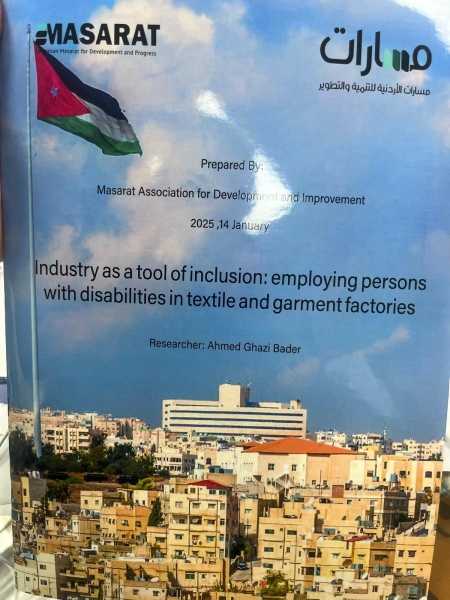Empowering Women in Jordanian Political Parties Using Public Financial Assistance – Policy Brief

Introduction
Political parties remain the most important vehicle when it comes to modern political representation. However, as most institutions engage in politics, they remain male-dominated institutions. Despite the major progress that has been achieved by the women's movement around the world to progress women, especially in the world of politics, women remain underrepresented. The representation of women in politics is a global issue, and many countries have sought different solutions to overcome this issue. When it comes to political parties, one of the greatest incentives to engage women in the political process is utilizing public funding to include more women in the political process. This approach has been implemented in many countries to ensure that women have a voice and would be represented in the political arena.
As women have less access to political financing and are thus less likely to secure political support and gain equal representation when compared to men, political parties tend to neglect supporting and promoting women in their internal structures and political campaigns, designating them as gatekeepers that prevent women from adequate representation. Public financing to political parties is a strong tool that can be used to enhance the representation of women in parties and politics, not only during the election process but beyond that between election cycles. Public financing, when utilized properly, could have a positive impact on the overall gender sensitivity in political parties and structures and influence the behavior of parties’ leadership when it comes to incorporating women in the decision-making process. In addition, it could enhance women’s political and financial positions within the party and in national political competitions. Nevertheless, for public funding to have the desired effects, it must comprise a critical mass of a party’s overall financing, and the portion of funds directed toward supporting women must also comprise a significant portion of the overall public financing. Moreover, the conditions of public funding must be clearly and strongly tied to women’s empowerment in political parties and political processes in general. For this brief, gender-targeted public funding is defined as "The amount of public funding a political party receives is connected to the level of gender equality among the candidates it puts up for election (or manages to get elected), or that a certain proportion of the public funding a party receives is earmarked for gender-related activities.”
In the last Jordanian parliamentary elections held in 2020, only 15 women have managed to win seats out of 130 seats in the House of Representatives, all of which were independent non-partisan candidates, decreasing by 5 seats from the previous elections in 2016. It is also worth mentioning that all of the seats won by women were secured by the women’s quota stipulated in the Election Law, meaning that no woman has managed to win a seat by free competition. As for women in political parties, a 2013 UNDP report indicated that the percentage is 26%, while the statistics of The Ministry of Political & Parliamentary Affairs indicate that it reaches 35%, where 72.7% of women remain members for less than 5 years, and 9% only remain members for more than 10 years. Lastly, out of 50 registered political parties in Jordan in 2021, only three parties are headed by women secretary generals.
The Jordanian government have taken some steps in this direction. In 2019, the Jordanian government amended the "State Subsidies for Political Parties Financing Bylaw” which for the first time included articles that condition financial support on women’s representation in political parties. Nevertheless, there remains a lot of room for improvement to ensure a more inclusive representation for women in political parties. This policy brief aims to review the existing legislation relating to women’s political representation and participation in Jordan, especially the political parties financing by law, and provide recommendations to enhance the current bylaw to ensure a more inclusive representation for women.




